The Rise of Online Casino Spam
NetmanageIT OpenCTI - opencti.netmanageit.com

SUMMARY :
This analysis explores the growing prevalence of online casino spam, particularly targeting WordPress websites. The report details a sophisticated malware infection that employs multiple layers of redundancy and reinfection mechanisms. The malware injects spam content into existing pages, stores payloads in databases and non-standard file extensions, and includes failsafes to evade detection and ensure persistence. The rise of online casino spam is attributed to the COVID-19 lockdowns, the decline of essay writing services due to AI chatbots, and the massive profits generated by online gambling. The report also highlights the international focus of these campaigns, especially targeting countries with strict gambling laws, such as Indonesia.
OPENCTI LABELS :
seo,indonesia,wordpress,malware,spam,gambling,online casino
AI COMMENTARY :
1. The Rise of Online Casino Spam in the Context of Threat Intel
The digital landscape has witnessed a substantial uptick in online casino spam campaigns, a trend that holds significant implications for SEO and web security professionals. Threat intelligence analyses reveal that these campaigns are increasingly targeting WordPress websites, exploiting vulnerabilities in plugins and themes to inject malicious code. The report titled “The Rise of Online Casino Spam” sheds light on this phenomenon, emphasizing the need for continuous monitoring of web assets and proactive defense measures.
2. Unveiling the Sophisticated Malware Mechanisms
At the heart of these campaigns lies a highly sophisticated malware infection that emphasizes redundancy and reinfection. Once a WordPress site is compromised, the malware injects spam content directly into existing pages and posts, ensuring that the malicious payload remains hidden from cursory inspections. Beyond file injections, threat actors store additional payloads within the website’s database tables and even in files with non-standard extensions, creating multiple layers of persistence. These layered failsafes guarantee that a simple file cleanup will not eradicate the infection completely.
3. Reinfection Pathways and Persistence Strategies
Reinfection mechanisms are a hallmark of these spam campaigns, often triggered by backdoor scripts or cron jobs planted deep within the file system. Even if one pathway is discovered and removed, alternative routes remain to reestablish control. The malware’s flexibility in adapting to different server environments makes it particularly resilient. Threat intelligence analysts note that understanding these reinfection pathways is crucial for developing comprehensive remediation plans that go beyond superficial cleaning.
4. Socioeconomic Drivers Behind the Surge
The surge in online casino spam is not purely a technical story; it is driven by broader socioeconomic factors. During the COVID-19 lockdowns, global internet traffic skyrocketed, creating fertile ground for threat actors. Simultaneously, the rise of AI chatbots led to a decline in traditional essay writing services, pushing some cybercriminals to pivot toward more lucrative ventures such as gambling spam. The massive profits associated with online casinos have incentivized these campaigns, making them a priority for threat intelligence teams worldwide.
5. Geographic Focus and Regulatory Evasion
International targeting strategies are a key feature of these spam campaigns, with a pronounced emphasis on countries that enforce strict gambling regulations. Indonesia, for example, has emerged as a prime target due to its stringent laws that drive demand for illicit online casino platforms. By tailoring content and promotional tactics to specific jurisdictions, threat actors maximize click-through rates while minimizing legal exposure. SEO experts and site administrators in affected regions must remain vigilant against this evolving threat landscape.
6. Impacts on SEO and Website Reputation
Beyond the immediate security implications, online casino spam poses significant risks to a website’s search engine ranking and reputation. Search engines penalize sites hosting unsolicited gambling content, which can result in deindexing or lower visibility in search results. For WordPress site owners reliant on organic traffic, this translates directly into lost revenue and brand trust. Threat intel teams recommend combining automated malware detection tools with regular manual audits to safeguard SEO integrity.
7. Proactive Mitigation Strategies
Effective defense against online casino spam requires a multi-layered approach. Regularly updating WordPress core, themes, and plugins is the first line of defense. Implementing web application firewalls and behavior-based anomaly detection tools can block malicious requests before they reach the server. For recovery, a complete forensic analysis is essential to identify and remove all backdoors, database injections, and non-standard files. Ongoing threat intelligence feeds and community sharing also play a pivotal role in staying ahead of emerging spam tactics.
8. Conclusion: The Role of Continuous Monitoring
As the threat landscape evolves, so must our defense strategies. The rise of online casino spam underscores the importance of integrating threat intelligence into routine cybersecurity and SEO practices. By understanding the sophisticated malware mechanisms, socioeconomic drivers, and geographic targeting strategies behind these campaigns, organizations can bolster their resilience and maintain the integrity of their online presence.
OPEN NETMANAGEIT OPENCTI REPORT LINK!
Use public read only username and password on login page.
NOTE : Use Public READ only user credentials on login page banner.
The Rise of Online Casino Spam


